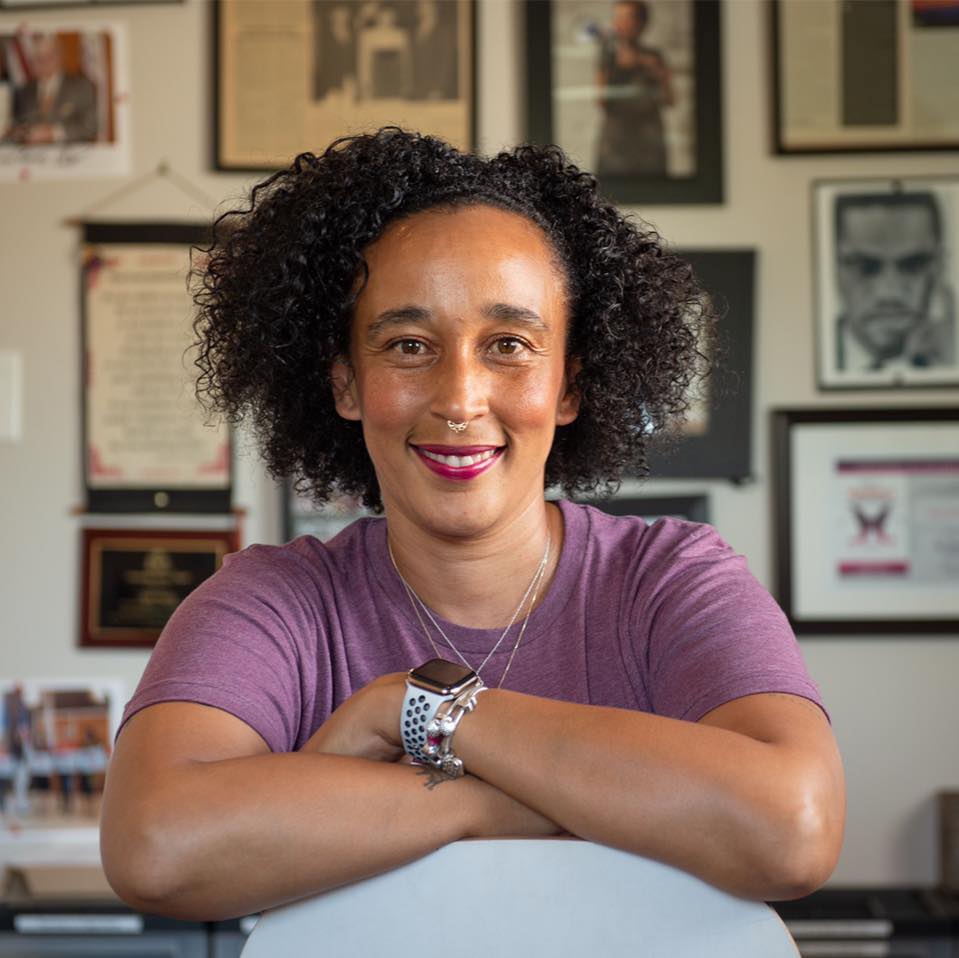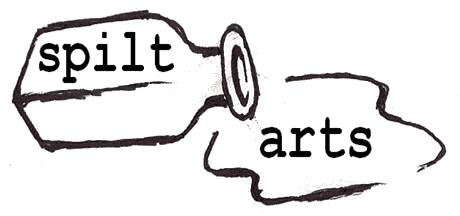
Interview with Nola Brantley
Our featured Hero is Nola Brantley, who is a survivor of childhood sexual abuse at the hands of her biological father and others in positions of social power. She had the fortitude to see beyond her pain and shares her story with us:
Nola Brantley was born to a Puerto Rican mother and a black father, who sexually abused her in her early childhood. As a result, her mother left her father when Nola was three years old. Growing up in the Bay Area and the San Joaquin Valley as a mixed race child, Brantley experienced a myriad of racism, from neighbors who told her she wasn’t black enough to her white step-grandfather, who refused to accept a black man’s children. “He eventually let us in the house (after leaving us to sit on a log for hours until the dark fell) but my mother and stepfather had to sleep in a trailer in the yard for bringing these two black kids into his home,” Brantley recalls the first time she met her stepfather’s father. Brantley’s family was impoverished and they were forced to move in with her stepfather’s relatives until they could find a suitable home of their own.
 Eventually, Brantley and her family were able to move back to the Bay Area, where they settled in a housing project in Oakland. Throughout her life, Brantley struggled with the effects of the sexual abuse she experienced as a child. “The abuse happened before I could develop and because of that, it became a part of my development,” Brantley states. Child abuse may be confusing and horrific for children who are aware of the situation, but suffering abuse as an infant or toddler who has no cognitive recollection but experiences the emotional devastation significantly complicates an already complicated circumstance. An ongoing thought she often contemplates is the effect of the abuse on her sexuality. “I wonder a lot if I would have been bisexual without the abuse or if somehow the abuse led to my sexuality,” muses Brantley. It’s a rumination that will most likely not give rise to an answer, and similar to those which many children confront while growing up.
Eventually, Brantley and her family were able to move back to the Bay Area, where they settled in a housing project in Oakland. Throughout her life, Brantley struggled with the effects of the sexual abuse she experienced as a child. “The abuse happened before I could develop and because of that, it became a part of my development,” Brantley states. Child abuse may be confusing and horrific for children who are aware of the situation, but suffering abuse as an infant or toddler who has no cognitive recollection but experiences the emotional devastation significantly complicates an already complicated circumstance. An ongoing thought she often contemplates is the effect of the abuse on her sexuality. “I wonder a lot if I would have been bisexual without the abuse or if somehow the abuse led to my sexuality,” muses Brantley. It’s a rumination that will most likely not give rise to an answer, and similar to those which many children confront while growing up.
Although Brantley’s private life was turbulent, she was able to thrive at school. “I always did well in school and joined a program called Youth Corp, which helped kids learn about the law by having students defend their peers. I was a prosecuting attorney and they assigned a police officer to the program.” It was that police officer who targeted Brantley and eventually became her trafficker. “Being a child who didn’t grow up with a father…and with him being a police officer and me being a 15-year old child, it was a huge deal that he was giving me attention,” Brantley explains, “I was sexually immature in my body and I believe he may have been a pedophile.” After falling prey to his advances, Brantley was able to summon the courage to break the cycle of sexual abuse.
“My mother is a strong Puerto Rican and her love gave me the strength to keep going,” Brantley explains when asked about what gave her hope as a child. When she was nineteen, Brantley saw her trafficker on the news for sexually assaulting a 12-year old girl. Disgusted, she contacted the police and testified against him, which led to his dismissal from the force albeit with full honors. Years later, she heard that he was working in security at a Bay Area department store. Unfortunately, stories of predators in power being protected by the establishment are more common than one would expect, which helped Brantley dedicate her life to helping others recover from similar abuse. She co-founded a non-profit called MISSSEY, which has reached out to thousands of victims of domestic human trafficking and emotional violence.
 Since 2014 when Brantley stepped down as MISSSEY’s Executive Director, she has created Nola Brantley Speaks, an independent consultant firm which educates public and private agencies in understanding the detrimental effects of sexual abuse and encourages legislators to improve policy regarding trafficking. Brantley is also newly married and has three children, discovering true happiness through her work and family. She acknowledges that despite her good fortune which came from hard work and perseverance, that she still feels the effects of her childhood traumas. Brantley says, “I tell all kids to hold on because they won’t be children forever. In a few years, they’ll have the power to control their lives. So they should hold on until then, when they’ll be able to make their own decisions.” Until then, they have heroes like Brantley who provide much needed mental and emotional support.
Since 2014 when Brantley stepped down as MISSSEY’s Executive Director, she has created Nola Brantley Speaks, an independent consultant firm which educates public and private agencies in understanding the detrimental effects of sexual abuse and encourages legislators to improve policy regarding trafficking. Brantley is also newly married and has three children, discovering true happiness through her work and family. She acknowledges that despite her good fortune which came from hard work and perseverance, that she still feels the effects of her childhood traumas. Brantley says, “I tell all kids to hold on because they won’t be children forever. In a few years, they’ll have the power to control their lives. So they should hold on until then, when they’ll be able to make their own decisions.” Until then, they have heroes like Brantley who provide much needed mental and emotional support.
For more information on Nola and her organization, please visit: NolaBrantleySpeaks.Org
